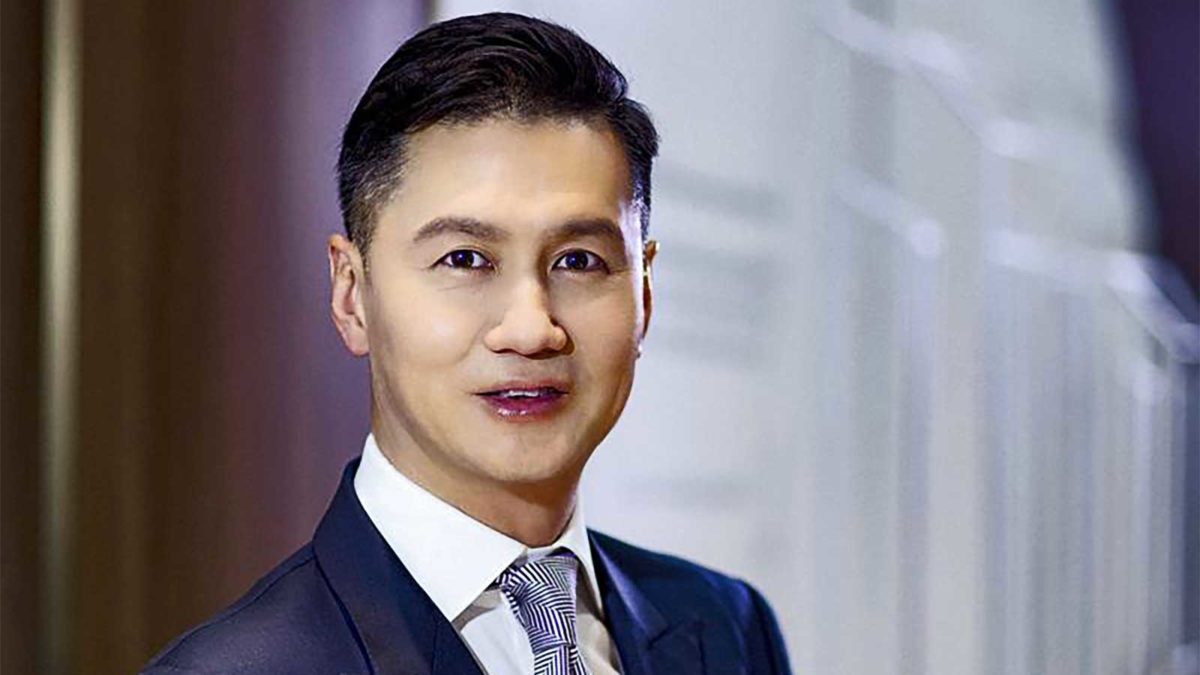Playing chess with One China Inc.
In China, merchants have historically sat below poets in the social pecking order. Understanding why is the key to understanding the crackdown.
China’s apparently punitive crackdown on its powerhouse fintechs is nothing new.
“Look at the historical hierarchy of China; the courts and politicians are at the very top of the pyramid, where you can have power but you can’t have money. Then merchants are at the very, very bottom – well below the poets, the scholars, the farmers. Because they’re not productive – they’re traders,” Goodwin Gaw (pictured), chairman of Hong Kong-based Gaw Capital Partners, told the Milken Institute on Tuesday (October 19).
“You can make as much money as you want, as long as you don’t use your money to buy power. That’s how the game has always been played in China. When it goes back to “One China Inc.”, they’ll expect the conglomerates, that they believe have been made very powerful and successful and wealthy through their regulations, to play ball.”
That’s true of large conglomerates in many countries, Gaw says. Mitsubishi Corporation plays a “big part in the social stability” of Japan, and is mostly expected to act like it by its government. But the fact that this is how it’s always been – in China and elsewhere – is likely to be of little comfort to high-profile investors like Cathie Wood, who revealed at the same conference that the detention of Alibaba billionaire Jack Ma had been the catalyst for pulling ARK’s exposure to China.
Gaw’s business is in commercial real estate, which he does not believe will be suffer greatly under China’s renewed commitment to “Common Prosperity” for the simple reason that it involves corporates, not people (Gaw believes residential property is “too political”). And he believes that now is as good a time as any to be invested in China – at least partly because of a paramount concept in Chinese society: “face”.
“Face is how you are looked upon by other people in terms of gaining respect,” Gaw said. “China is trying to gain the international community’s respect… to gain face, they need to be a global citizen on climate change, to be technology independent, and have a focus on healthcare. You’re going to see a lot of healthcare innovation.”
“Those are sectors the government wants to put money into and are encouraging the private sector to put money into. In those areas, you’re going with the tea leaves, and you’ll likely do well.”
Others see even larger upheavals on the way – particularly for the global currency regime. Timothy Dattels, chairman of TPG Capital Asia, says that while the US has “enjoyed an exorbitant privilege” since Bretton Woods, he believes that China’s dabbling in digital currency means that it could soon “leapfrog” the West. While China has banned Bitcoin – primarily because it’s hard to regulate, secondarily because it’s bad for the environment at a time when the country is trying to burnish its nascent green credentials – it’s begun issuing digital currency to citizens in an experiment that will be expanded at the 2022 Beijing Winter Olympics.
“If you think about the amount of trade that China is delivering around the world, that’s still, with many commodities, being quoted and priced in US dollars, I think that’s going to change,” Dattels said. “And I think you’re going to see some kind of digital offshore currency over the next couple of decades that develops, and that is a moment that will be Bretton Woods-esque… it will be an earthquake.”
Kevin Lu, chairman for Asia at Partners Group, agreed – but questioned the timing.
“I think China has that ambition, because they also want to have the ability to intermediate,” Lu said. “In the end, the definition of a superpower in my view is more than military strength. It’s the ability to mediate flows – even if it’s not your flows. But it’s much more difficult than they thought it would be.”
Lu’s perspective on the regulatory crackdown is that it was both inevitable and predictable. All investors had to do was not get carried away in conventional narratives about China and read the CCP’s Five Year Plans, which more or less outline the government’s thinking on key economic and social development issues.
“It’s like playing chess,” Lu said. “You want to move forward and get to the other side – but does that mean every move you make is forward? Sometimes you move backwards, sometimes to the side… You have to see that overall objective and reconcile it with short-term moves.”











